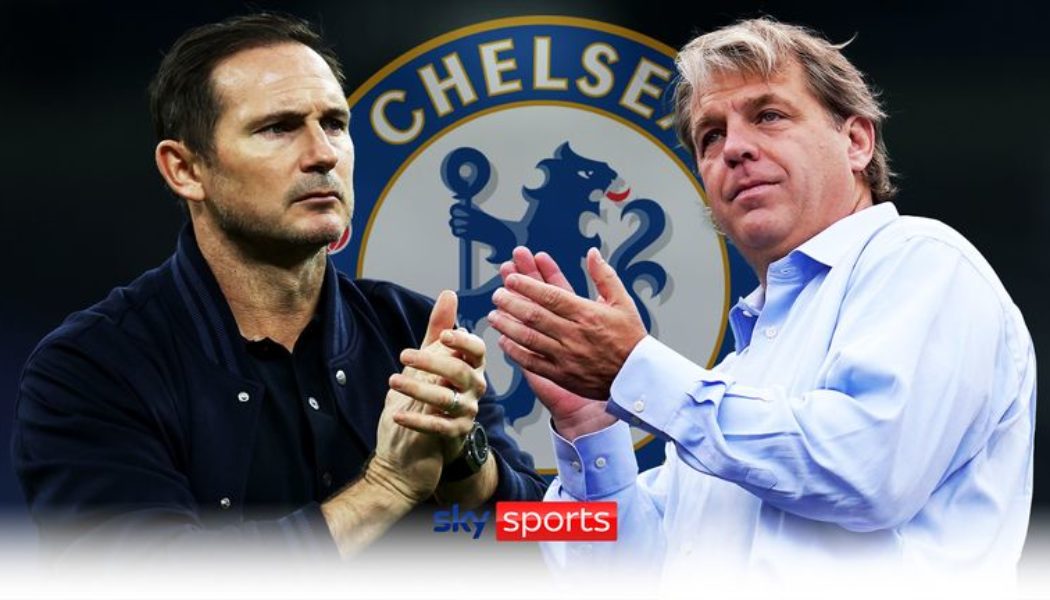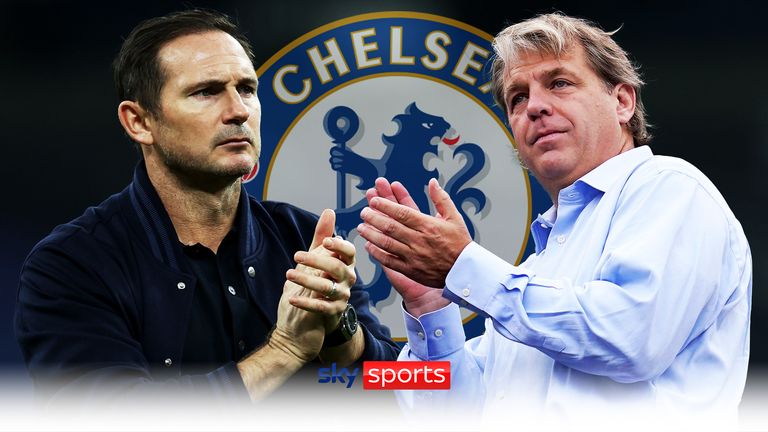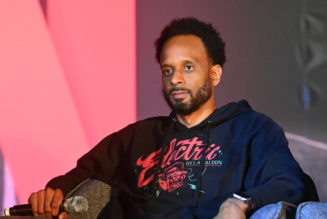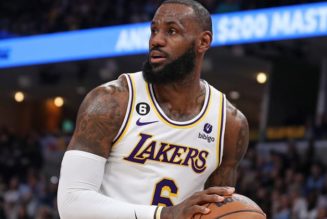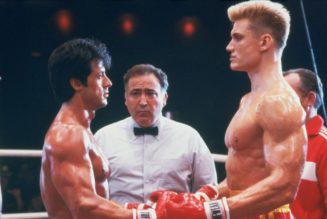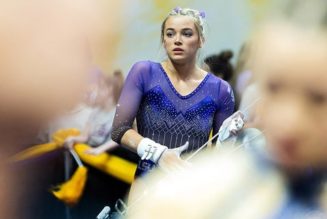It is less than two weeks since Frank Lampard returned to Chelsea as caretaker manager in a move intended to reinvigorate both fans and players, but the outlook is now darker than ever.
Tuesday’s 2-0 loss to Real Madrid made it four in a row under the former midfielder, ending any hope of salvaging silverware from a dismal season and all but ensuring Chelsea, 11th in the Premier League, will not feature in next season’s Champions League at all.
Even a Europa League finish looks beyond them right now but is it any surprise a man who was deemed unsuitable for the job only two years ago has been unable to reverse their slide? What chance of new manager bounce when the manager in question is not new?
Privately, Lampard may regret his decision to step back into the fire. But it would be unfair to apportion much blame to him. The sound of the club legend’s name ringing around Stamford Bridge on Tuesday night suggests Chelsea supporters broadly agree.
Instead, the spotlight is on owner Todd Boehly, whose stewardship of Chelsea appears to have had the opposite effect from the one intended. Vast sums have been spent – on managers as well as players – but the result is a team which has got worse. A lot worse.
That much was clear over the two legs against Real Madrid, the Champions League holders barely having to break a sweat in order to claim a place in the last four at their expense.
In truth, though, it has been evident all season. Having taken only 39 points from 31 Premier League games, Chelsea sit closer to the relegation zone than the Champions League spots. The club’s highest-spending season will go down as their worst in decades.
It is worth noting, for context, that the side Boehly inherited when he completed his takeover in May had just finished third in the Premier League having won the Champions League the season before.
This time last year, they were pushing Real Madrid all the way to extra time at the same juncture of the same competition – and that with a team containing eight players still at the club now.
There were issues to address, of course, but it was hardly a salvage job. Thomas Tuchel’s squad was imperfect, yes. But many of his players were Champions League winners. They had shown their capacity to succeed. The outlook was largely positive.
Boehly, though, eschewed a light touch in favour of a sledgehammer, making sweeping changes off the pitch as well as on it, axing the influential Marina Granoskaia and taking on the role of sporting director himself, albeit on a temporary basis.
His determination to put his stamp on Chelsea was clear and a chaotic transfer window followed. By the end of it, they had spent £278m. Remarkably, they surpassed that figure in January, investing another £323m on nine new players to add to the 10 already signed.
Such frenzied recruitment – both in terms of the number of players brought in as well as the sums of money spent – is unprecedented over the course of only two transfer windows and Chelsea have inadvertently become a case study in why that is.
How does a manager create a team out of so many disparate parts? What room is there to build chemistry and cohesion? Is it any wonder togetherness is lacking when so many players, inevitably, find themselves on the fringes, in one minute and out the next?
Even in the early weeks of the season, Tuchel was struggling to figure out his best team, so what chance did Graham Potter have post-January, when an already bloated squad became completely unmanageable? And what chance does Lampard have now?
In total, Chelsea have made 112 line-up changes in the Premier League this season – 24 more than any other side. They have used 32 different players, 16 of whom have been debutants.
The numbers are staggering and speak to the chaos caused by the extraordinary influx of players. And yet, even after all that, the most glaring hole in the squad remains unfilled, the only striker they have signed, Pierre-Emerick Aubameyang, effectively deemed surplus to requirements within months of his arrival.
All the while, Boehly has talked of a long-term project. His actions, though, speak of desperation for immediate success. How else can a £323m mid-season spend be interpreted – even if the players signed are mostly young?
A Champions League finish still felt like a possibility at that point but the gap to the top four now stands at 17 points. Chelsea’s season is effectively over with seven games still to play.
Lampard faces a huge task to pick the players up and put the side on an upward trajectory in the weeks ahead, but even bigger challenges loom for Chelsea beyond that.
There is a managerial position to fill, first and foremost. But if that manager is to succeed, then there is major squad surgery to be done on the surgery already carried out since Boehly’s takeover.
Chelsea’s squad contains 31 players and there are a further 22 out on loan – Romelu Lukaku, Callum Hudson-Odoi, Levi Colwill and new signings Andrey Santos and Malo Gusto among them.
It is not inconceivable, given the numbers, that players signed as recently as a few months ago will need to be moved on. There are financial fair play regulations to adhere to and, given their predicament, Chelsea will have to do it without the revenue that comes with Champions League qualification.
They will desperately need to trim their squad this summer and rival clubs will know it. Offers will be tailored accordingly, and that in turn will make Chelsea’s life more difficult when it comes to evening out the balance sheet.
It is little wonder, then, that the mood around Stamford Bridge continues to darken. Chelsea are out of the Champions League, their fate sealed in a manner that underlines just how far they have fallen. Really, though, that is just the start of their problems.
Services Marketplace – Listings, Bookings & Reviews
